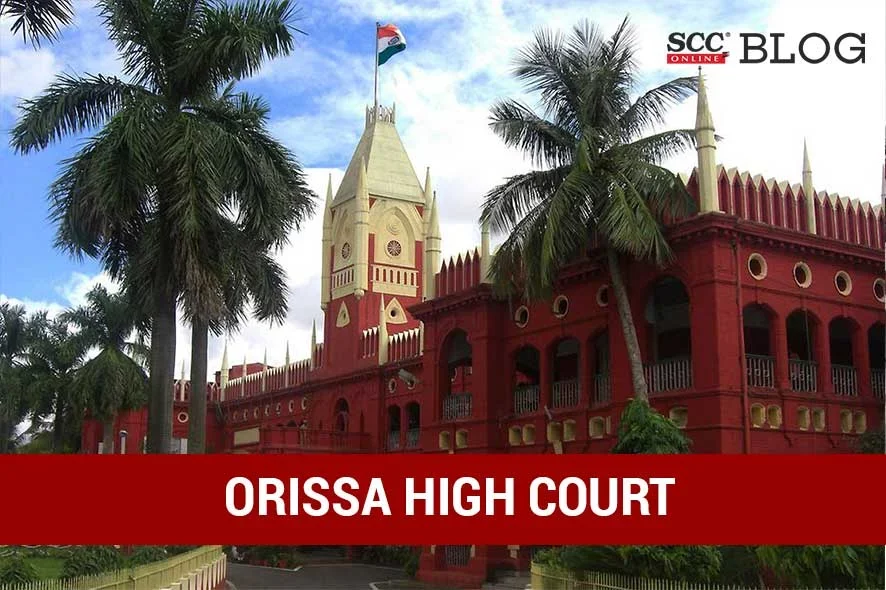Orissa High Court: While hearing a civil writ petition under Article 226 and 227 of the Constitution of India filed by an employee (‘petitioner’) to direct the Utkal Blind Organization Vocational and training Centre to allow the petitioner to resume her duty in the girls hostel with all service benefits, the question of maintainability of the petition was raised, and Biraja Prasanna Satapathy, J. held that the Orissa Association for Blind is not State within the meaning of Article 12 of the Constitution of India, hence no directions can be issued in the petitioner’s favour.
In the matter at hand, the petitioner was employed as an ‘Aiya’ in the Utkal Blind Organization Vocational and training Centre, run by the Orissa Association for Blind (‘Association’). The petitioner’s case was that she was wrongfully terminated from her services in violation of the principle of natural justice, hence, the order of termination was not sustainable in the eye of law.
The Court viewed that no writ can be issued against the Association, hence the question that whether the Association is a State within the meaning of Article 12 of the Constitution of India was considered.
The Court opined that in order to be covered within the definition of Article 12 of the Constitution, the guidelines framed by the Supreme Court in Ajay Hasia v. Khalid Mujib Sehravardi, (1981) 1 SCC 722 must be fulfilled. The Court referred to the test framed in Ajay Hasia (supra), on basis of Ramana Dayaram Shetty v. International Airport Authority of India, (1979) 3 SCC 489, for determining whether any entity is a State, as follows:
-
If the entire share capital of the Corporation is held by the Government, it would be considered that the corporation is an instrumentality or agency of Government.
-
If the financial assistance of the State meets almost the entire expenditure of the Corporation, it would indicate the Corporation as being impregnated with governmental character.
-
If the Corporation enjoys monopoly status conferred by State or State protected.
-
Deep and pervasive State control of the State.
-
Functions of the Corporation are of public importance and closely related to governmental functions, it would be considered as an instrumentality or agency of Government.
-
If a department of the Government is transferred to a corporation, it would be considered that the Corporation is an instrumentality or agency of Government.
The Court said that in the matter at hand, no material was produced to show the fulfilment of the tests laid down in Ajay Hasia (supra) in order to include the Association within the meaning of Article 12 of the Constitution. Therefore, the Court refused to issue any direction and dismissed the writ petition.
[Anita Manjari Rout v. President, Orissa Association the Blind, Odisha, Bhubaneswar, 2023 SCC OnLine Ori 5842, Decided on: 22-09-2023]
*Judgment Authored by: Justice Biraja Prasanna Satapathy








This insightful blog post on SCC Online discusses a recent ruling by the Orissa High Court that delves into the classification of the Orissa Association for the Blind. By scrutinizing its status within Article 12, the court’s decision offers valuable legal insights, shaping the discourse on the intersection of disability rights and constitutional provisions. It is a must-read for those interested in nuanced legal analyses and the evolving landscape of disability jurisprudence.